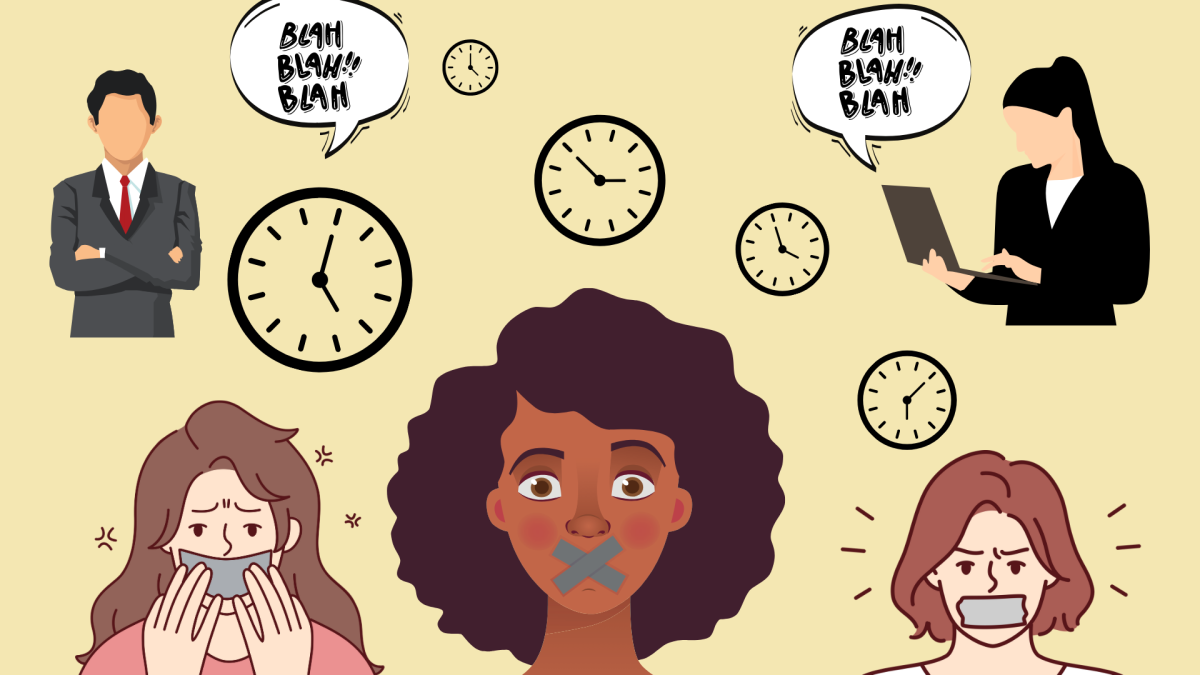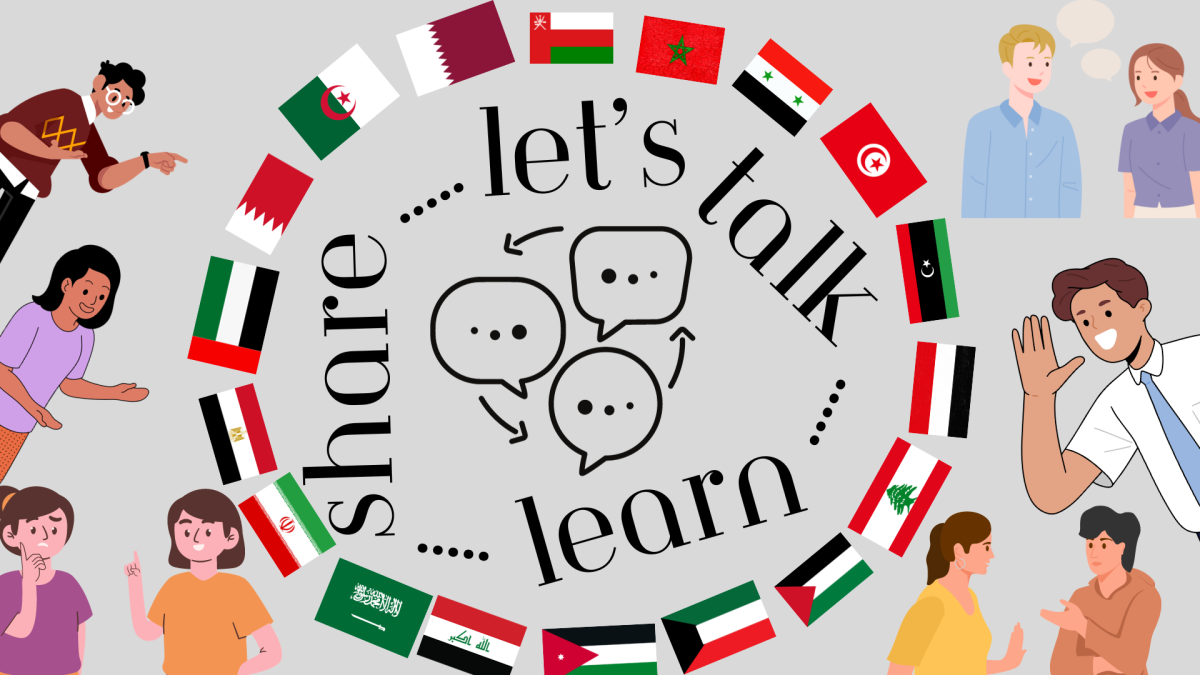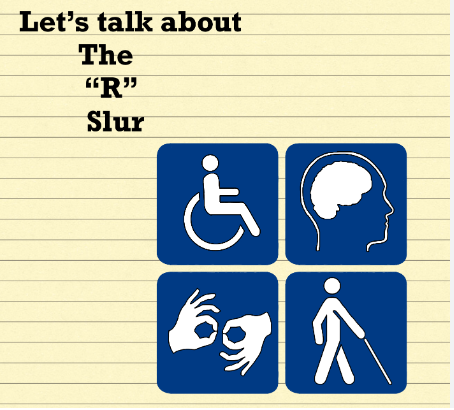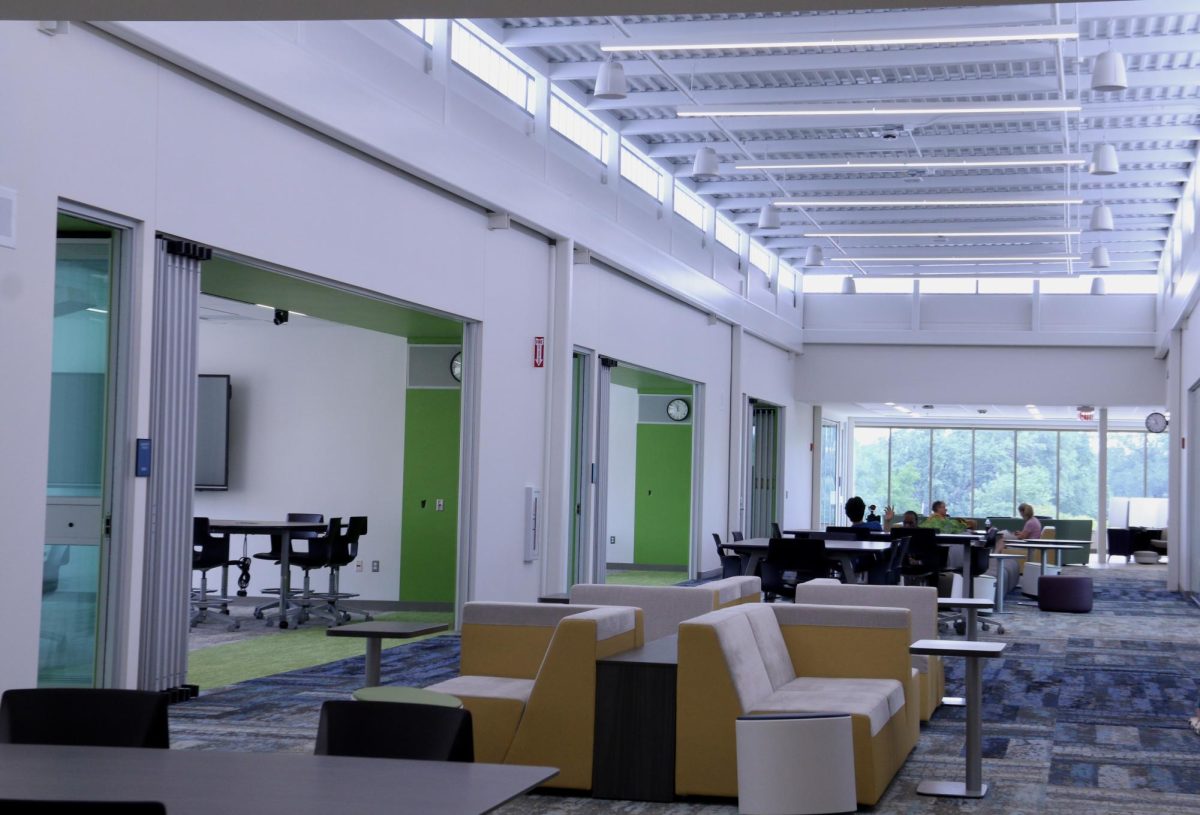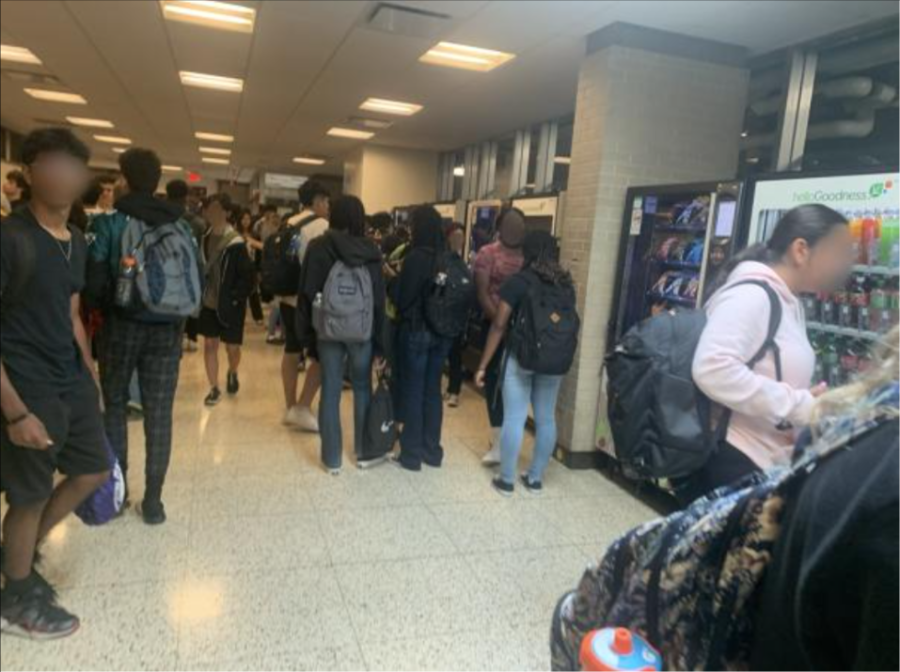In the recent saga of our school’s Unity Summit, the journey from inception to reconsideration unveils a critical lesson: the importance of listening to students.
Initially, the concept sounded noble: a full day devoted to cultivating unity, with diverse workshops tailored for different student groups, aiming to foster a collective embrace of diversity and mutual respect, propelling us towards a common vision of inclusivity and harmony. This ambitious plan was announced to everyone on February 5, marking the beginning of what was hoped to be a transformative journey for the school community.
The summit’s planning committee pulled only three student representatives to give their feedback on the various activities. Their first official meeting was on March 6, a month after the event was announced. Yet, as students were whisked away from classes and bombarded with ideas, their voices seemed to fade into the background like elevator music. This marginalization creates a disconnect, hindering meaningful dialogue and progress, leaving students feeling disempowered and frustrated within the steering committee and educational system.
The Unity Summit went from a full-day extravaganza to a two period assembly, and now the Unity Summit was officially canceled. The Unity Summit cancellation was officially announced on April 11, mere days before it was set to take place, revealed a glaring flaw: the lack of genuine student input. The selection of only three students to join a steering committee for the assembly feels more like a gesture than a genuine effort to include student perspectives in the decision making process. Many students were not even informed that the Unity Summit was taking place of the MENA and BSU summits which were canceled early in the year.
From the beginning, students recognized the inherent flaws in the plan, but their concerns were disregarded. The approach, ironically, lacked unity; instead, it felt like a performative checkbox exercise.
The Unity Summit cannot be manufactured; it must emerge authentically, rooted in mutual understanding and respect. It must receive effort and time for preparation to ensure it truly leaves an impact on everyone, not just students, but staff and teachers alike.
Speculations arise regarding the influence of higher-ups in orchestrating this event, raising questions about whose interests were truly being served. While equity education is undoubtedly essential, dismissing existing efforts, including MENA and BSU summits and similar initiatives, undermines genuine progress.
We don’t want careless equity education, just so that the school can say they did it. We want to see real change that is student-rooted. The energy expended on this ill-conceived initiative represents a lost opportunity – an opportunity to engage students meaningfully, to track the evolution of ideas collaboratively, and to foster genuine unity.
Amidst the turbulence, however, there’s a glimmer of hope- the reconsideration of the summit. The school’s true intentions will be revealed based on how they reapproach the rescheduled assembly. Will they have a team of student representatives? Will the Unity Summit go back to being an entire day? Will they collect opinions from cultural identity clubs?
Moving forward, let’s heed this lesson. Let’s prioritize authentic unity over performative gestures. Let’s ensure that every voice is not just heard but genuinely listened to. After all, true unity begins with readiness and open-mindedness that cannot be forced but must be cultivated through genuine dialogue and inclusivity.
The question of whether the school will achieve the goal of listening to student voices and fostering authentic unity remains unanswered. What truly matters, however, is ensuring that student voices are not just heard but amplified, that their concerns are not just acknowledged but addressed, and that unity is not just a concept but a lived reality within our school community.


